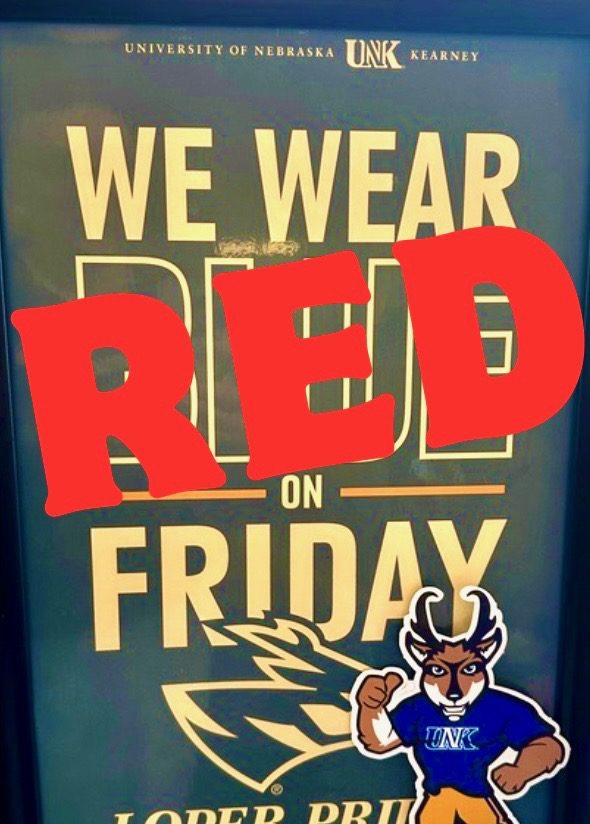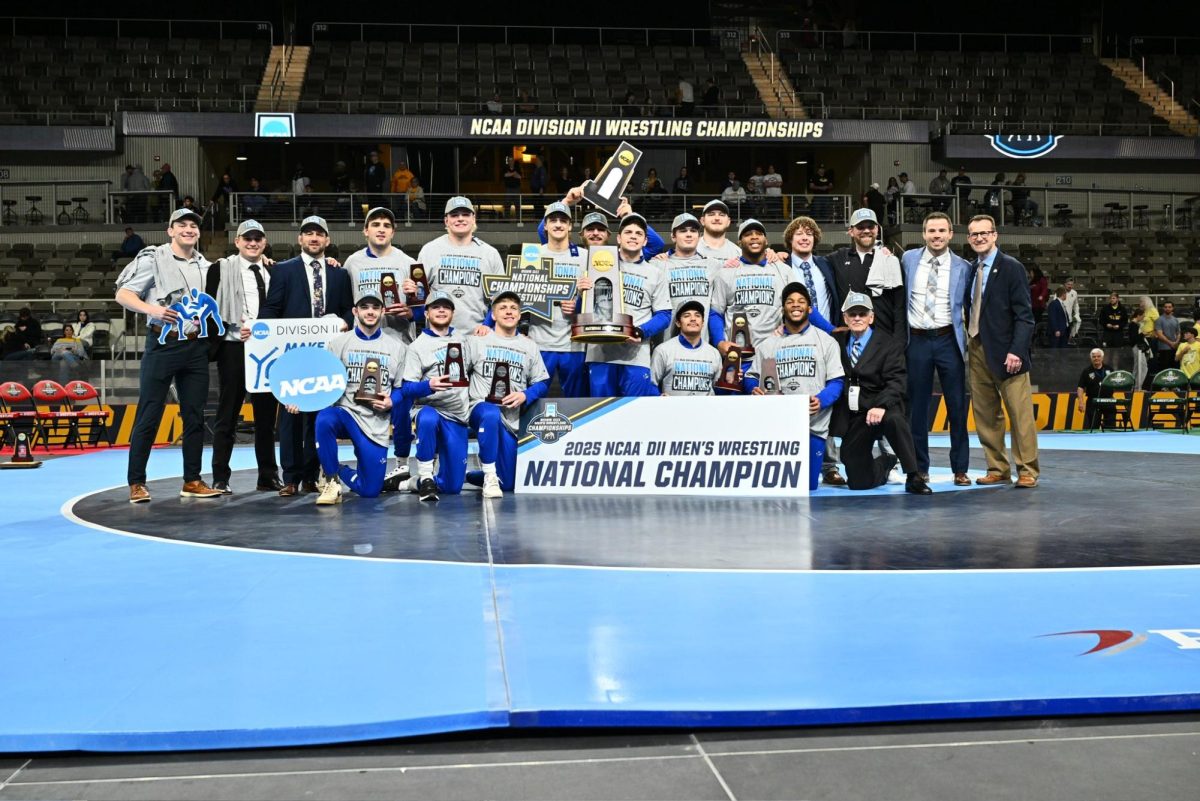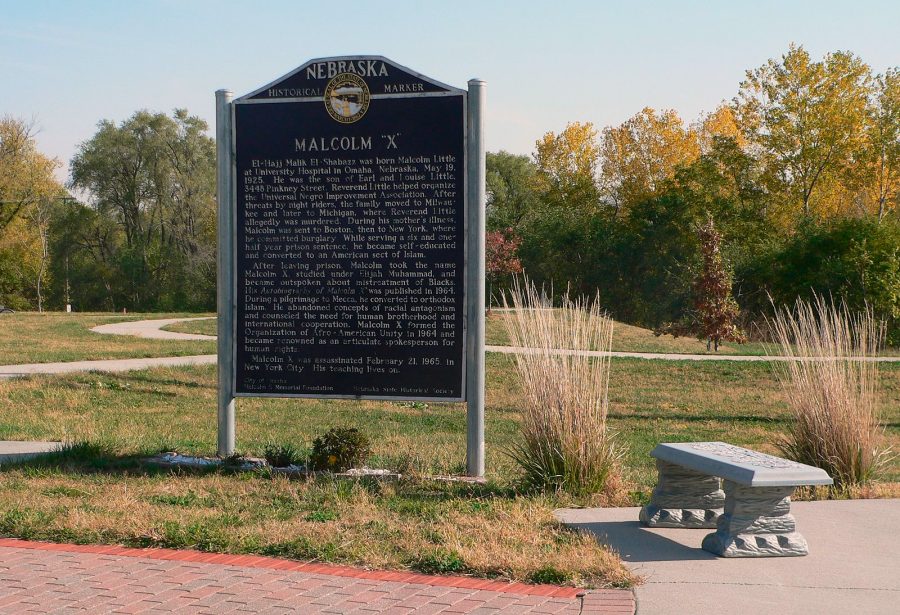mayln@lopers.unk.edu
The Civil Rights Movement of the 1960’s is rooted in the American South, however one of its most influential leaders – Malcolm X – began his life in North Omaha.
Malcolm X was a central figure in the Civil Rights Movement in the 1960s. A central figure in the Civil Rights Movement, Malcolm X’s story shows that racism is not confined below the Mason-Dixon line. His work took many forms throughout his life, and it continues to influence Black culture today.
“Without education, you’re not going anywhere in this world.”
Malcolm X was born Malcolm Little in North Omaha on May 19, 1925. He was one of eight children. Raised with the ideas of noted Pan-African nationalist Marcus Garvey, X and his siblings were well-behaved and strived to be a positive example for both the black and white communities. Due to frequent threats of violence from the Ku Klux Klan, the Little family soon moved to Lansing, Michigan, and attempted to integrate. The Lansing years would prove to be a dark period for the Little family.
X’s life would be forever changed when his father died. While his father’s death was officially ruled an accident, X and his family concluded that it was racially motivated. The death forced X’s mother to raise eight children by herself. Because they continued to speak out in their community, the Little family was constantly threatened, causing X’s mother to grow concerned for the safety of her family. When she expressed this, she was committed to a psychiatric facility by the police, and the children were sent to foster homes.
Throughout his adolescence, X was an intelligent student in school; however, he dropped out of school due to the racism he experienced within the education system. He aspired to be a lawyer, but was told that he should not have such goals and should go into a profession such as carpentry.
X moved to Harlem in 1943 and began working in the railroad industry while making forays into criminal activity. X was involved in crimes such as drug dealing, gambling, robbery and pimping. Eventually he moved to Boston where he was incarcerated for his involvement in robberies targeting wealthy white families.
This incarceration would be pivotal to his religious journey and his path to becoming a revolutionary figure. In prison, X struggled with the idea of a supreme being due to the injustices he witnessed within the black prison population. X first became an atheist, and then through the advice of his brother, he began to learn about Islam in hopes of getting released early. Throughout this time, X became a devout Muslim and began corresponding with Elijah Muhammad, the leader of a political and religious movement known as the Nation of Islam. After his release, X joined the Nation of Islam and became a prominent figure in both the organization and the Civil Rights Movement. He advocated for the rejection of assimilation and the embrace of self-respect and self-love within the Black community. However, after discovering that Muhammad was committing adultery, X began to distance himself from the Nation of Islam and eventually left the organization to start his own. X undertook the pilgrimage to Mecca and discovered that people of all racial backgrounds were practicing their faith together. This led to his realization that racial problems can be overcome through faith.
After his return from Mecca, X began to speak to a wide variety of audiences, including college students. He became one of the most sought-after speakers at college campuses. Throughout these engagements, X frequently received death threats which intensified throughout 1964. On February 21, 1965 as he was on stage preparing to speak at the Audubon Ballroom, X was assassinated by members of the Nation of Islam. Although he died prematurely, the words and teachings of X continued to spread his messages of activism, pride, and education throughout the population.
Malcolm X’s teachings and legacy lives on today in Black culture.
“Malcolm is about actively engaging to bring about policy change,” said Claude Louishomme, a political science professor at UNK. “We have to be informed and have to use our knowledge and build coalitions to bring about the change that we want, and when we do that we can bring more of the things that we think are important for a democratic citizenry […] we can move closer to the broad ideas of liberty and equality for all. Malcolm’s argument that you have to be engaged, you have to be informed, and you have to organize and act to bring about those positive changes are still important.”
































